In the demanding landscape of modern food manufacturing, there's one component that often remains unsung despite its monumental importance: lubrication.
Overlooking the significance of a rigorous lubrication strategy can lead to myriad issues, from operational inefficiencies to potential downtime. This is where the concept of a 'best practice' lubrication culture comes into play.
So, what does it mean to cultivate such a culture, and what tangible benefits can businesses expect from it? Let’s delve into the many advantages of adopting a 'best practice' approach to lubrication.
1. Improved Reliability and Asset Longevity
One of the primary roles of lubrication is to reduce friction between machinery components. Properly lubricated machinery experiences less wear and tear, significantly enhancing its lifespan.
- In Practice: Using high-quality lubricants tailored to specific applications can dramatically reduce premature machinery failures and extend the working life of assets.
2. Minimised Downtime and Reduced Maintenance Costs
Predictable maintenance is always preferable to unforeseen breakdowns. With a best practice lubrication strategy in place, maintenance can be scheduled and managed efficiently, reducing costly and disruptive unexpected downtimes.
- In Practice: Condition monitoring and timely interventions can prevent small issues from escalating into major problems that require expensive repairs or replacements.
3. Boosted Overall Equipment Effectiveness (OEE)
When equipment runs smoothly, it directly impacts the three critical components of OEE: availability, performance, and quality. Proper lubrication ensures that machines are available when needed, operate at peak performance, and produce high-quality outputs.
- In Practice: Companies that have adopted best practice lubrication often report a noticeable improvement in their OEE scores, translating to higher productivity and profitability.
4. Guaranteed Audit Compliance
With industries becoming more regulated, especially in sectors like food and pharmaceuticals, compliance with safety and operational standards is paramount. A structured lubrication protocol ensures that businesses are always audit-ready.
- In Practice: At Activate Lubricants, our offerings come with guaranteed audit compliance to the BRC Global Standard, providing peace of mind for businesses in regulated industries.
5. Enhanced Sustainability and Optimised Costs
High-quality lubricants might seem like a bigger initial investment, but their long-term benefits outweigh the costs. Better lubricants last longer, require less frequent applications and lead to energy savings — all contributing to a lower total cost of ownership.
- In Practice: Through the rationalisation of inventory and improved reliability, businesses can realise sustainable, long-term cost savings.
Conclusion
A 'best practice' lubrication culture is more than just about applying lubricants to machinery. It's about understanding the intricacies of each machine, the demands of the industry, and the unique needs of every operation. By committing to a culture that values proactive, strategic, and quality-driven lubrication, businesses stand to gain not only in terms of operational efficiency but also in long-term growth and sustainability.
The future of manufacturing is undeniably linked with such practices, and those willing to adapt will surely lead the way.









